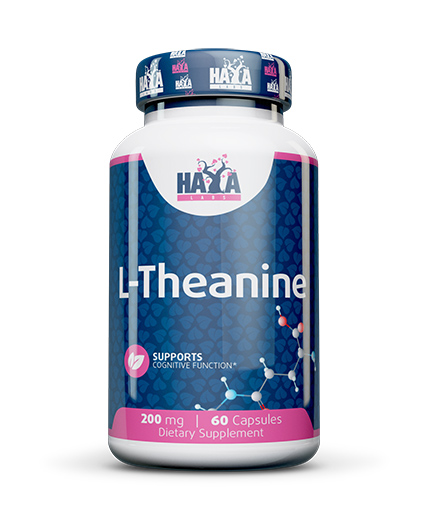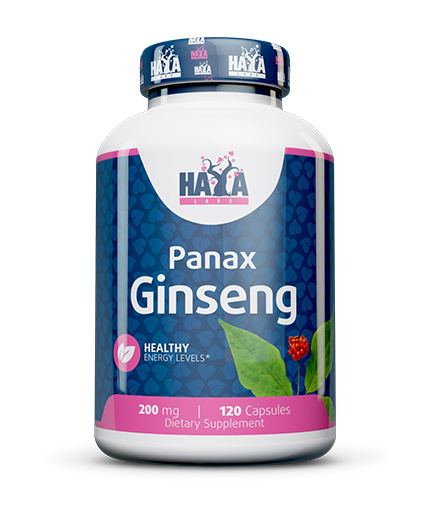
Tricks to handle the spring fatigue
0
1743
Spring fatigue can be described as a state of lethargy, with decreased energy levels and/or symptoms of depressive states.
As the name suggests, the condition is observed with the onset of spring and can be caused by a normal reaction to elevated ambient temperatures, or due to medical reasons such as allergic manifestations of flowering, pollen, and so forth.
The causes of spring fatigue are not entirely clear. The biggest hypothesis, however, is related to the hormonal balance.
The idea is that during the winter months and low temperatures outside, body temperature also falls, blood pressure increases as well as melatonin release. By warming up in the spring, the opposite happens - body temperature rises, blood pressure drops, and the dominant hormone is serotonin - that of happiness, depending on daylight.
The transition between these conditions is not always smooth and more often causes a specific reaction in the body responsible for the feeling of fatigue.
Who are the most affected people?
Probably, if not you, there is certainly not one among whom you have heard the saying: "The spring fatigue dwells me, I have no energy and desire for nothing."
The feeling is that it seems to affect a lot of people, but in fact for many, this fatigue, usually lasting 2-3 weeks, is rather a form of prejudice than something that is actually measurable.
However, if you experience systemic fatigue when changing seasons, here are some concrete steps through which you could make yourself feel better.
Tricks to cope with spring fatigue
More sunlight time
Light plays a great role in feeling fresh and alert, so try to spend enough time in daylight.
If your workplace is located further away from a natural light window, take more frequent breaks and go outdoors. Create useful habits, such as drinking your morning coffee or tea on the terrace, strolling on lunch breaks and more.
More activities that make you smile
Longer day, more sunlight, more optimistic mood. Use the long day to include an activity that makes you happy.
You can alternate sporting activities with your favorite hobby and/or organize more frequent views with friends - for a walk in the park after working hours, combining the useful with the pleasant.
Take care of the quality and quantity of your sleep
Often say that sleep is one of the best "doctors" and this is not accidental. So, if you suffer from spring fatigue, it is a good idea to have your dream of improving your sleep quality.
Better eating habits
You probably know about the great importance food has on the way we feel.
If most of your menu is loaded with processed and packaged foods, it is now a great time to gradually introduce new and useful habits.
Include fresh salads with seasonal vegetables, more often than not prepare unprocessed foods.
read more
Good hydration of the body
There are people who often complain of headaches and one of the reasons for this is . insufficient water intake!
Considering that 60% of the total body weight is made up of water, it is good to try to be optimally hydrated.
Keep a bottle of water on your desk, create a habit of sipping all day long.
And how much is the quantity? Strictly individual, but here are some useful guidelines.
Graduate your tasks more importantly
If the signs of spring fatigue in you are quite clear and present, avoid being burdened with tasks that you might have to wait.
Prioritize your engagement and, if possible, spend more rest time.
Be careful, however, not to stumble in the opposite direction and to let go of total inactivity.
Relaxation methods
Sometimes we all need to consciously bring the body to a state of complete rest.
More positive thoughts
Even if it is not believed that positive thinking helps, it certainly will not hurt you if you try.
You feel tired, without tone, but do not give the will to these thoughts, and instead tell yourself that you will soon feel better.
You do not have to imagine arcs and unicorns, but a smile always works more than a puzzled face!
Take your dose of oxygen!
Winter is a period in which most people stay indoors, whether in their homes or offices. Inside, warm, between four walls.
Now is the time to go out more often in fresh air and take the right dose of oxygen.
Avoid doing it on busy boulevards. Explore where around you have a garden or park, spend time on your weekends to walk around nature.
Contrast showers for the good morning
If there is no medical contraindication, try to start your day with contrasting showers.
They will not only wake you up but will also contribute to better blood circulation and tone of the whole body. There are different methods of applying them, and the duration of hot and cold water may vary according to your personal sensations as well as time, practice.
It is good to start with hot water and finish with cold, and the hot/cold intervals are about 3-6 in number.
In the beginning, you can make a longer stay under the hot jet to the cold, for example, 3: 1 (30-45 second hot to 10-15 second cold) intervals, and with time to reach 1: 1 (30-60 sec for each interval).








